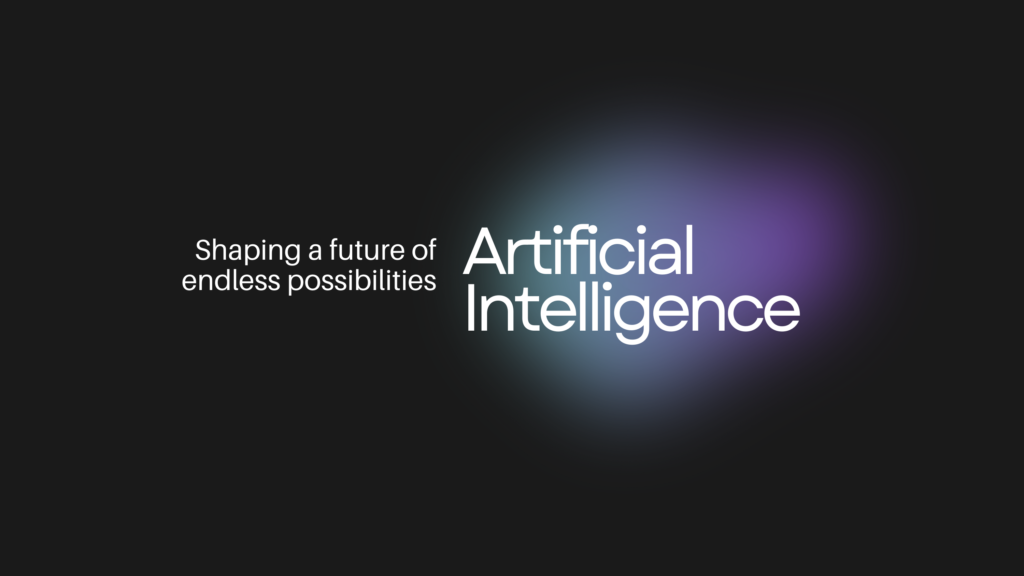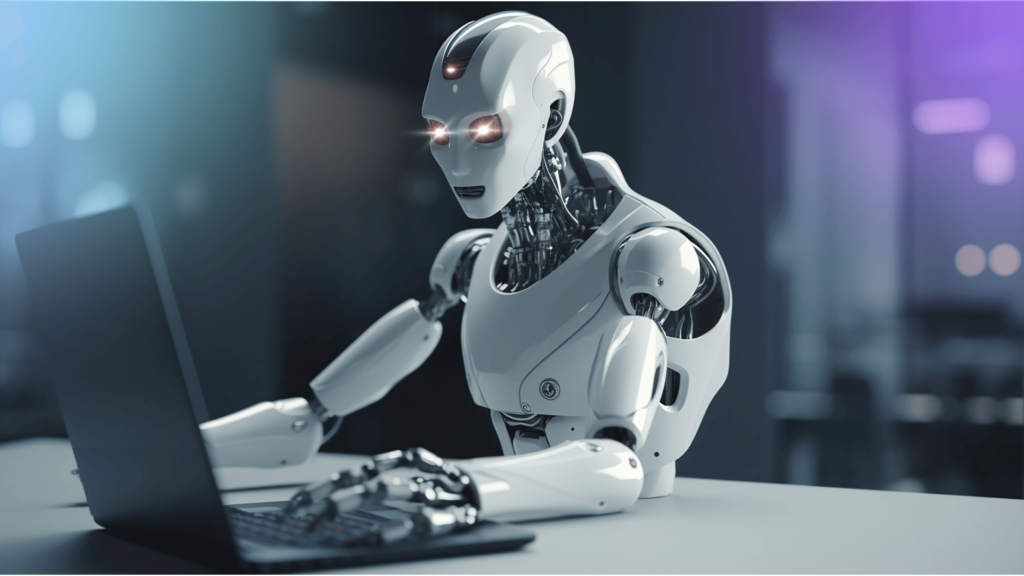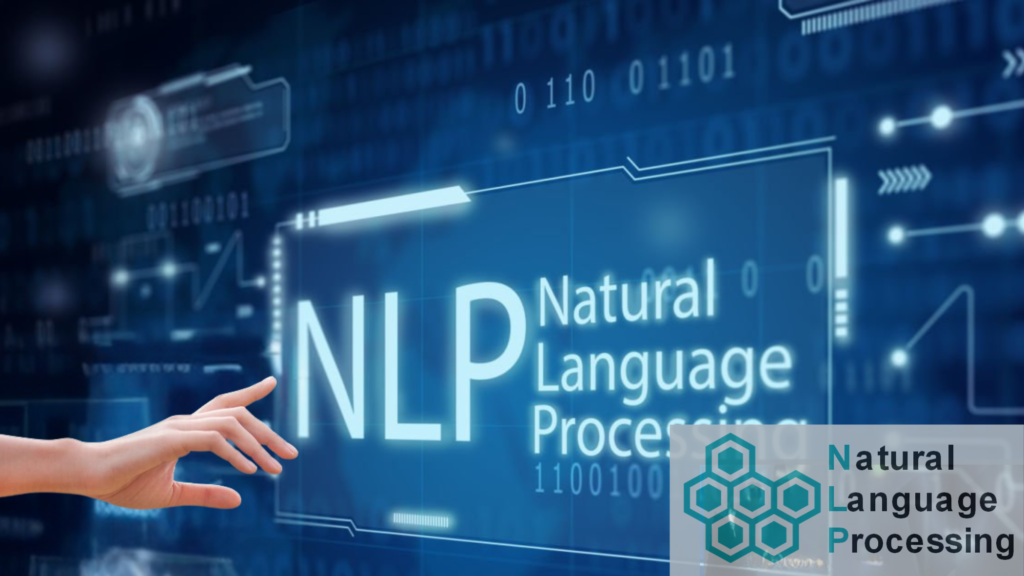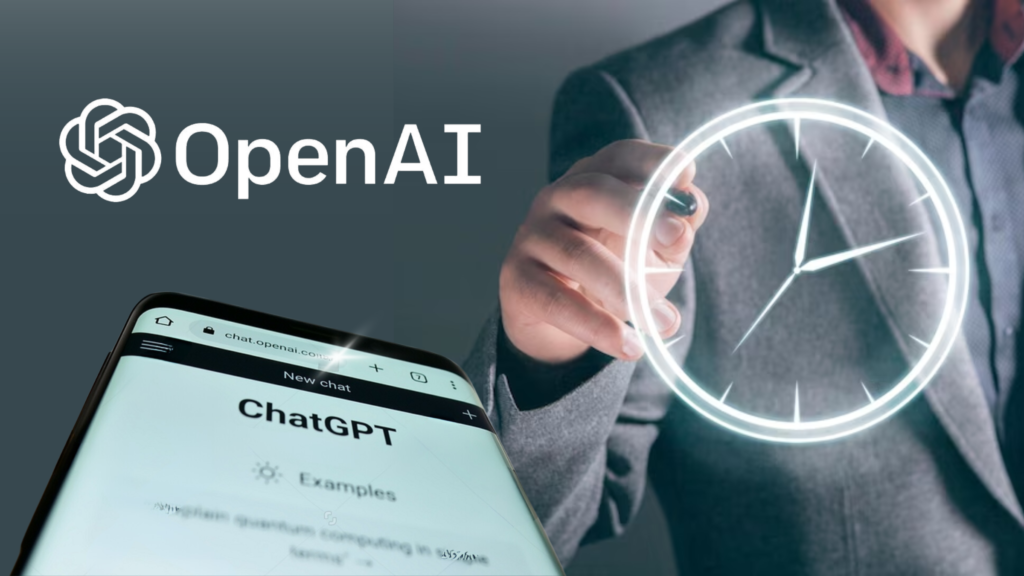Have you ever wondered what the future holds for artificial intelligence? With rapid advances in Future trends in Artificial Intelligence research and development, there are some truly exciting trends emerging that could shape our world in big ways. From self-driving cars to robot helpers in the home, AI is poised to revolutionize many aspects of society.
In this article, we’ll explore five of the most promising and potentially transformative trends in artificial intelligence that give a glimpse into the future. You may be surprised by how some of these developments could impact your daily life down the road. We’ll also consider what’s still needed to make these AI applications a widespread reality and what challenges lie ahead.
The possibilities are endless when it comes to the future of AI, and it’s an intriguing time to follow this fast-moving field. Read on to learn more about the top trends to watch in the coming years that could redefine how humans and machines interact.
Current State of Artificial Intelligence
Artificial Intelligence has advanced rapidly in recent years and is transforming our lives in exciting ways. AI systems can now drive cars, detect diseases, translate between languages, and even compose music. However, AI still has a long way to go to match human intelligence.
Limited Knowledge and Reasoning
AI systems today are narrow in scope and are designed to perform specific, limited tasks, like playing chess or identifying images. They do not have the broad, flexible knowledge and reasoning skills that humans possess.
AI cannot easily generalize knowledge from one domain to another or apply common sense reasoning to new situations. Researchers are working on developing more general AI, but human-level intelligence remains challenging.
Bias and Unfairness
AI systems can reflect and even amplify the biases of their training data. For example, facial recognition systems are less accurate for people of color due to a lack of diversity in the training data.
As we deploy AI in areas like hiring, healthcare, and banking, we need to be very thoughtful about addressing unfairness and bias to avoid disadvantaging groups of people. This is an active area of research, but still an open challenge.
Lack of Transparency
Many AI systems are based on complex neural networks that are opaque and hard for people to understand. We often cannot determine how or why an AI system made a particular decision or prediction.
This lack of transparency and explainability is problematic for many applications, especially those with significant consequences like self-driving cars or AI for healthcare. Explainable AI is an important goal for researchers focused on addressing this challenge.
While artificial intelligence has come a long way, human intelligence is still far more advanced. However, researchers are making progress on all of these issues, so the future of increasingly capable, fair, and transparent AI looks very promising.
With proper safeguards and oversight in place, AI can positively transform our lives and society. But we must be proactively addressing challenges like limited knowledge, bias, and lack of transparency to ensure its safe and ethical development.
Key Areas Where AI Will Advance
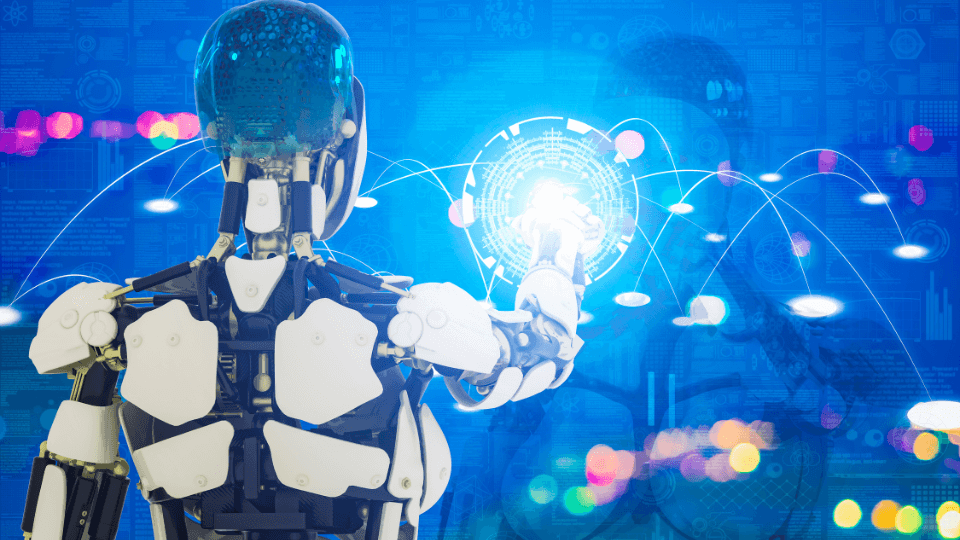
AI is evolving rapidly and impacting many areas of our lives. Several key fields are poised for major advances in the coming years.
Transportation
Self-driving cars are on the horizon, with companies like Tesla, Google, and Uber leading the charge. As the technology improves, AI systems will take over more of the driving tasks, reducing accidents caused by human error and making mobility options available to those unable to drive. AI will also optimize traffic flows and enable new mobility services.
Healthcare
AI has huge potential to improve health and healthcare. AI systems can help diagnose diseases, analyze medical scans to detect anomalies, and suggest personalized treatment plans.
AI chatbots and virtual nurses can provide information and advice to patients. AI can also help discover new drugs and gain insights from massive amounts of healthcare data. With an aging population, AI may help address the shortage of healthcare professionals.
Education
AI will enhance and personalize education. AI tutoring systems adapt to students’ needs and provide customized feedback and lessons. AI can assess students’ skills and tailor instruction to their level. AI may help reduce biases in education and create more inclusive learning environments. However, human teachers are still critical, and AI is meant to augment, not replace them.
Business
AI will drive business growth and productivity. AI can analyze customer data to personalize marketing, predict sales trends, and optimize pricing. AI helps businesses gain insights from huge datasets to make better strategic decisions.
AI also enhances many business functions like recruiting, accounting, and customer service using chatbots and virtual assistants. However, businesses must be thoughtful about how they implement AI to avoid potential issues of bias or job disruption.
The future of AI is bright, with many exciting opportunities to improve our world. But we must ensure it is implemented responsibly and for the benefit of humanity. AI should enhance human capabilities, not diminish them. With proper safeguards and oversight, AI can be developed and applied in a way that is empowering and equitable. The future is ours to shape.
Exciting Future Applications of AI
AI has progressed rapidly in recent years and is poised to transform our lives in exciting ways. AI for Personalized Healthcare In the coming decades, AI will help provide highly personalized healthcare. AI systems will have access to a wealth of personal health data and the computational power to analyze it.
They will be able to detect health issues early, suggest tailored treatment plans, and predict outcomes with a high degree of accuracy. AI assistants may even act as personal health coaches, providing diet and exercise recommendations based on your unique situation.
Intelligent Transportation
Imagine smart cities with intelligent transportation systems. Self-driving cars and autonomous drones could transport people and goods, reducing accidents, traffic, and pollution. AI-optimized traffic lights and smart roads would keep traffic flowing. Public transit would become highly efficient. For people with mobility challenges, this could open up a whole new world of independence and access.
Enhanced Education
AI will transform education and allow for highly personalized learning experiences. AI tutors and mentors will adapt to students’ needs and learning paces. They will suggest tailored lesson plans, assignments, and projects to keep students engaged.
AI could also take over routine tasks like grading, freeing up teachers to focus on more creative teaching. Students, especially those with special needs, will get the customized support they need to thrive.
AI for Environmental Sustainability
AI will help scientists gain a deeper understanding of climate change and environmental threats. AI systems will monitor the environment, detect changes, and model the potential impacts of different climate scenarios.
They can also help develop and test solutions for environmental problems. AI may optimize renewable energy use, improve recycling and waste management systems, enhance agricultural processes, and help conserve biodiversity. With AI, we have new hope of building a sustainable future for our planet.
The future of AI is incredibly promising if we’re thoughtful and intentional about how we develop and apply it. When guided by human ethics and values, AI can enhance and improve our lives in so many ways. The possibilities ahead are endlessly exciting!
Challenges Facing the Growth of AI

The rapid growth of AI also brings significant challenges that researchers and companies must grapple with. As AI systems become more advanced and autonomous, ensuring they behave ethically and safely will be crucial.
Bias and Unfairness
AI systems can reflect and amplify the biases of their human creators. If the teams building AI systems lack diversity or hold prejudices, those biases may be embedded in the algorithms and data used to train the AI. This could result in AI that discriminates unfairly against individuals or groups. Companies and researchers will need to make AI fairness and inclusiveness a priority to address this.
Job Disruption
Many jobs are at high risk of automation as AI and robotics advance. While new jobs will also emerge, millions of workers may need to switch occupations or gain new skills. Policymakers and companies will have to find ways to retrain and support workers through these transitions.
Lack of Transparency
The complex algorithms and neural networks that power AI systems are often opaque and difficult for people to understand. This lack of explainability poses risks, as it can be hard to diagnose and fix problems with AI that lacks transparency. Researchers are working on explainable AI techniques to help address this challenge.
Bias in Data
AI systems are only as good as the data used to train them. If that data is incomplete, inaccurate, or reflects prejudices, the AI will have a skewed understanding of the world. Companies need to audit their data and algorithms to identify and address these issues, which is not an easy task given the massive datasets required for AI.
While the future of AI is exciting, researchers and companies have a responsibility to help ensure its safe, fair, and ethical development. Meeting challenges like bias, job disruption, lack of transparency, and data issues will require multidisciplinary collaboration and a commitment to AI for the benefit of all. With openness, accountability, and a shared commitment to AI for good, these technologies can positively transform our world.
The Outlook for Future Trends in Artificial Intelligence

AI has made huge strides in recent years, but the future looks even more exciting. As computing power increases and more data becomes available, AI will get smarter and expand into new domains.
Smarter AI
AI systems today are narrow in scope, designed for specific tasks like playing chess or identifying images. However, researchers are working on creating general AI that has a broad, flexible intelligence like humans. With access to massive datasets and increased computing power, AI may reach and even surpass human-level intelligence in some areas in the coming decades.
Expansion into New Areas
AI has thrived in areas with large datasets like e-commerce, transportation, and healthcare. As AI gets smarter and datasets grow in new domains, AI will expand into more areas of life and work.
We’ll see AI make further inroads in fields like education, agriculture, and scientific research. AI assistants may become widely used to help with daily tasks like scheduling meetings, managing finances, or controlling smart home devices.
Collaboration Between Humans and AI
The future of AI is not about machines replacing humans but augmenting and amplifying human capabilities. People and AI systems will collaborate, with each playing to their strengths. AI can take over routine tasks and mundane work, freeing up humans to focus on creative and meaningful work.
Doctors, for example, can leverage AI for diagnosing diseases but turn to human judgment for treatment plans. Lawyers can automate document review but use their expertise for complex cases. This human-AI collaboration will transform work and boost productivity and innovation.
The future of AI is bright. With continued progress in AI, technology will become far more capable, flexible, and ubiquitous. But humans will remain firmly in the loop, using AI as a tool to enhance and improve our lives. The age of human-level AI may still be far off, but AI is poised to change the world in exciting ways in the decades to come.
Wrap Up
The future trends in Artificial Intelligence are an exciting frontier. With rapid advances in machine learning and natural language processing, AI is poised to transform our lives in the coming years. From self-driving cars to personalized healthcare, the possibilities seem endless. But progress brings new challenges too. How do we ensure AI is designed ethically? Used responsibly?
The path ahead requires us to grapple with big questions around privacy, bias, and control. But if we approach AI thoughtfully, with human values at the core, the future looks bright. We may just see a world where technology enables human flourishing like never before. The road won’t always be smooth, but the destination makes it all worthwhile. Buckle up because the most exciting part of the journey is just getting started!
FAQ's
The future of AI looks bright! Expect AI to become even more widespread, with better communication through natural language processing, and machine learning playing a bigger role in decisions. We’ll also likely see self-driving cars and smarter logistics, along with ongoing discussions about how to develop and use AI responsibly.
AI is a double-edged sword. It will automate certain tasks, potentially displacing jobs in some sectors. However, it will also create new opportunities in data science, AI development, and ethics. Rather than outright job loss, AI is likely to reshape roles by augmenting human capabilities.
Developers and policymakers grapple with several critical issues in AI. These include algorithmic bias, privacy risks tied to data collection and surveillance, the specter of job displacement, and the broader impact on social equality. Responsible and ethical deployment of AI hinges on addressing these concerns.

Owen Clark
Owen is a tech enthusiast and blogger who loves to explore the latest trends and innovations in the world of technology. He writes about topics such as artificial intelligence, blockchain, cybersecurity, and more. He enjoys sharing his insights and opinions with his readers and engaging with them in lively discussions. When he is not writing, he likes to play video games, watch sci-fi movies, and travel to new places.
